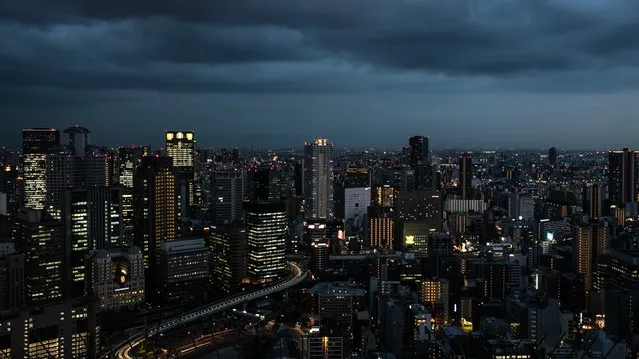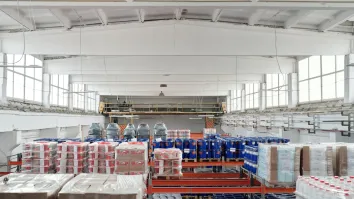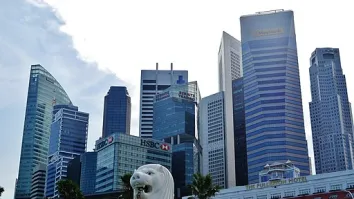
Everything you need to know about Osaka’s residential leasing market
Over 40% of rental units are less than 30sqm.
According to a Savills report, a significant proportion of Osaka City’s housing market is comprised of renters. As of 2023, this figure was at nearly 55% according to a survey conducted by the Ministry of Land, Infrastructure, Transport and Tourism (MLIT).
As an economic hub, Osaka City continues to attract large numbers of young domestic migrants that move to the city, a majority of whom are likely to be renters. In addition, many of them are likely to live in single households.
Here’s more from Savills:
Similarly, foreign nationals living in Japan generally have a higher propensity to live in rental housing. The foreign national population in Osaka has increased at a far greater rate than that of the total population. As such, further growth in the foreign national population should lead to this demographic comprising a growing proportion of overall renters, and supporting rental residential demand moving forward.
Given the large number of single renters, the overall supply of rental units relative to for-sale condos remains high and continues to increase, and a significant proportion of the rental housing stock in Osaka City comprises small units - as of 2023, over 40% of rental units were less than 30 sq m.
However, the onset of the pandemic boosted demand for larger units to better accommodate remote work and more time spent at home, although it should be noted that the proliferation of remote work appears to be almost half of that in Tokyo, and remained mainly limited to large companies. Nevertheless, this paradigm shift appears to have prompted some players to shift away from studio units and focus more on larger units.
The proportion of rental housing starts in the 21 - 30 sq m range has declined from 30% in 2014 to around 20% in 2024, which has and will likely decrease the proportion of smaller rental units in the market. At the same time, net migration into Osaka City has been positive especially in the post-pandemic environment, in addition to some workers returning to the office, meaning that smaller rental units with good access to the city centre should gain greater favour among single renters again.
That said, construction costs for residential units have increased unabated and should continue to do so, likely contributing to future limitations in overall housing supply. Indeed, average construction costs for reinforced concrete buildings in Osaka prefecture increased by nearly 25% between 2021 and 2024, from JPY845,000 per tsubo to JPY1,051,000 per tsubo. As such, although the supply of rental units has been firm in recent years, this may slow down in future. At least this cost increase is likely to be reflected in rental increments.
Overall, the Osaka rental market has performed well on the back of strong demographic and economic fundamentals. Between 2019 and 2024, rents have observed a compound annual growth rate of 2.6%, reaching JPY2,864 per sq m as of Q4/2024, with strong annual rental growth of 5.8% recorded in the quarter. The central 6 wards (C6W) have overall seen the largest rental growth, growing by 3.0% annually between 2019 and 2024 to JPY3,055 per sq m, although rental growth has been fairly evenly distributed between other submarkets and wards.
Overall, compared to the Tokyo 23W, where the average rental level is 40% higher at JPY4,332 per sq m in Q4/2024, Osaka should still have significant room for rental growth, which should provide positive prospects and numerous opportunities in the Osaka residential market.



















 Advertise
Advertise






